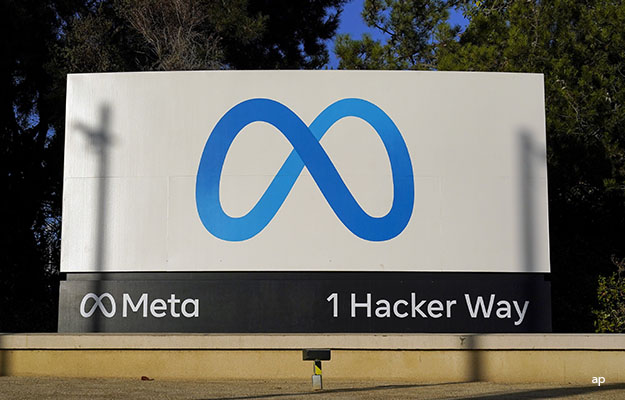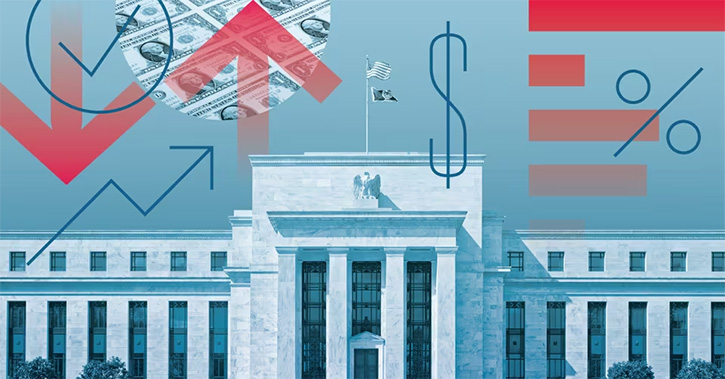Christian Charest: For Morningstar I'm Christian Charest. We are talking today with Nic Vaugeois, assistant portfolio manager at Fiera Capital. Fiera recently released its global financial forecast for the next seven years, and Nick is going to walk us through some of the key findings.
Nic, thank you very much for being with us today.
Nicolas Vaugeois: Thanks for having me.
Charest: The report presents three possible scenarios, with the main one being rather optimistic. Can you talk to us about some of the key findings?
Vaugeois: Sure, so our main scenario is the reflationary one. We expect, during the seven year, to go through a full economic cycle. So, as we move along we expect economic growth to reach 3%. We expect higher inflation as we get late in the economic cycle, the current one. We also expect the central bank to reduce its monetary policy to be more accommodative. We expect them to increase interest rates toward 4% before the next recession, due to stronger growth and higher inflation. So, we can expect also less liquidity in the next seven years due to the retreat of central banks.
Charest: Now as I mentioned this is one of three possible scenarios, the other two aren’t as optimistic and involve either higher inflation or deflation. What can you tell us about the degree of conviction that you have for the main scenario, the optimistic one?
Vaugeois: If we want to put some probabilities on the scenarios, we will put 60% in the main one and 20% on the second one and third one. The second scenario is a deflationary one. So, it will be basically like Japan scenario where there is no growth and no inflation, and this will be not really a good scenario for either equities or bonds because yields will reach 0% and we'll be kind of trapped in this environment like Japan is.
The third scenario is a stagflation one, so basically there is no growth, but a lot of inflation. And due to more protectionism policy -- nationalist policies -- we expect more inflation due to border closings and less free trade agreement between the countries. So that’s another bad scenario for both equities and fixed income products. But our main scenario at 60% is still optimistic and constructive on the economy.
Charest: Can you tell us a little bit about the methodology you use to come up with these forecasts.
Vaugeois: Sure, so we came up with five economic drivers: productivity, politics, demographic, central banks and business cycle, which will drive some economic factors such as inflation, valuation, liquidity and growth. So those factors will shape the market behaviour in terms of asset class. So, whether equities, traditional fixed income, non-traditional fixed income and non-traditional capital appreciation should behave in the market. And the goal of that forecast was to propose to our clients, which asset class to overweight or underweight toward the next seven years.
Charest: Now one phrase that gets repeated throughout the report is return to normality and now this is something that’s going to sound very good to investors who have been stuck with very low returns and also mostly very low expectations for returns for several years now. Does this mean that investors can expect higher returns going forward than what we've seen over the past 10 years or so.
Vaugeois: Yes, we think so. According to our main scenario we think that the investor can expect higher return due to higher interest rate and gradual removal of monetary policies. So yes, we think that investor can expect higher return.
Charest: Nic thank you very much for sharing your insights with us today.
Vaugeois: Thank you very much.
Charest: And from Morningstar I'm Christian Charest. Thank you for watching.




















